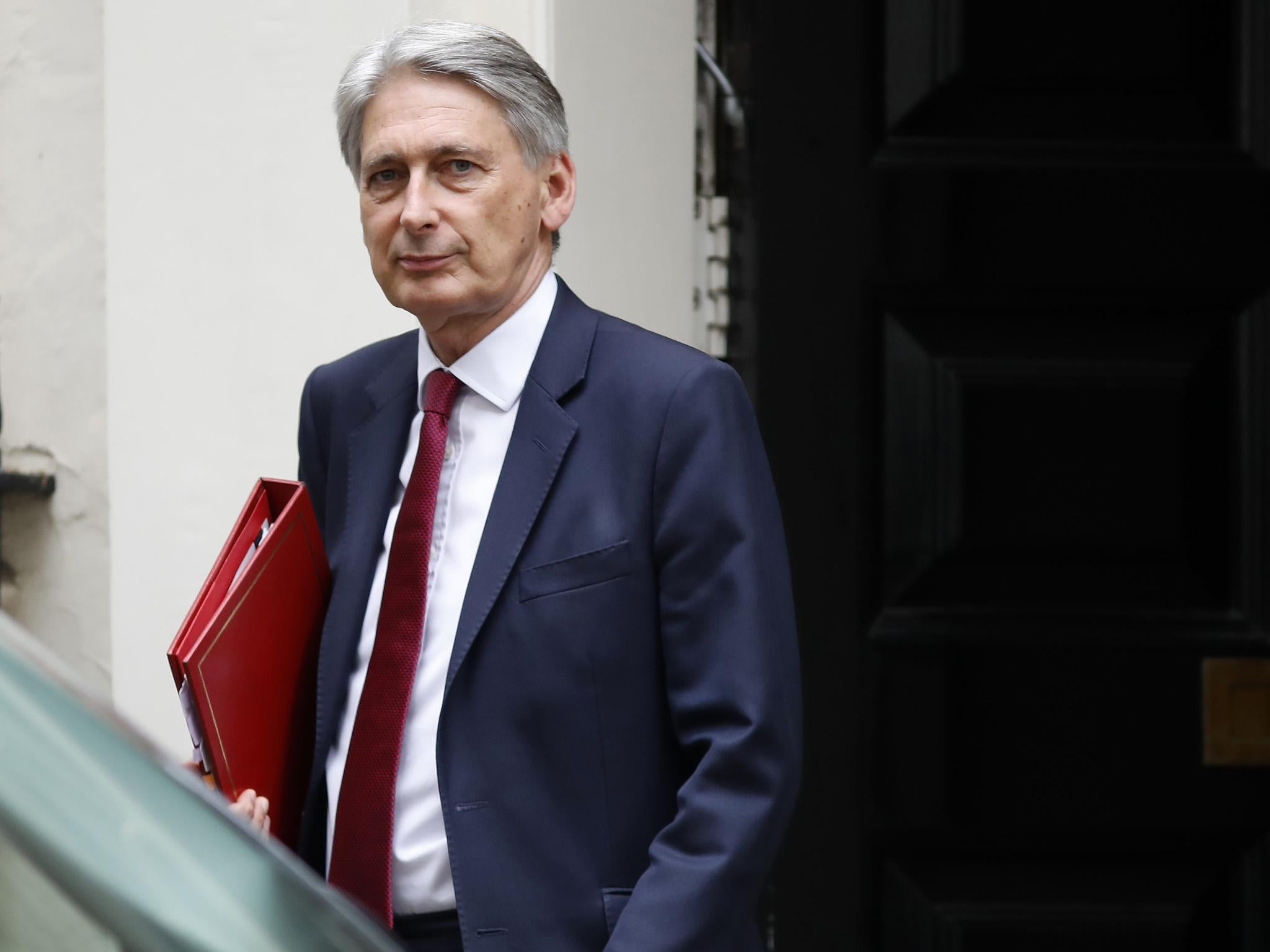Public borrowing in September was lower than expected, giving the Chancellor some good news ahead of his Budget later this month.
The deficit was £4.12bn, according to the Office for National Statistics, lower than the £4.5bn City analysts had pencilled in.
It was also down from the £5bn the government borrowed in the same month in 2017.
In the 2018-19 financial year to date borrowing has been £19.9bn, down from £30.6bn at the same stage in 2017-18.
In the spring, the Office for Budget Responsibility had projected full year borrowing for 2018-19 of £37.1bn, or 1.8 per cent of GDP.
That is very likely to be reduced on 29 October, possibly by as much as £10bn, when Philip Hammond unveils his latest Budget, giving the Chancellor more leeway to increase spending on public services.
However, the Institute for Fiscal Studies warned earlier this week that the improvement in projected tax receipts is unlikely to be enough on its own to enable him to “end austerity”.
He already needs to fund a pledge by the Government to increase health spending alone by £20bn by 2023.
The ONS data showed that tax receipts in September were up 3.2 per cent on the same month a year earlier, while spending rose only 1.4 per cent.
VAT receipts were 4.5 per cent higher, while income tax and capital gains rose 6.2 per cent.
“While the public finances currently look odds-on to significantly undershoot the expected 2018/19 deficit of £37.1bn, it is unlikely that they will sustain their current rate of improvement – government spending over the first half of the fiscal year has run at only half the rate forecast by the OBR and has likely been held back by timing effects. It seems certain to pick up over the second half of the fiscal year,” said Howard Archer of the EY Item Club.
Subscribe to Independent Premium to bookmark this article
Want to bookmark your favourite articles and stories to read or reference later? Start your Independent Premium subscription today.


Join our commenting forum
Join thought-provoking conversations, follow other Independent readers and see their replies